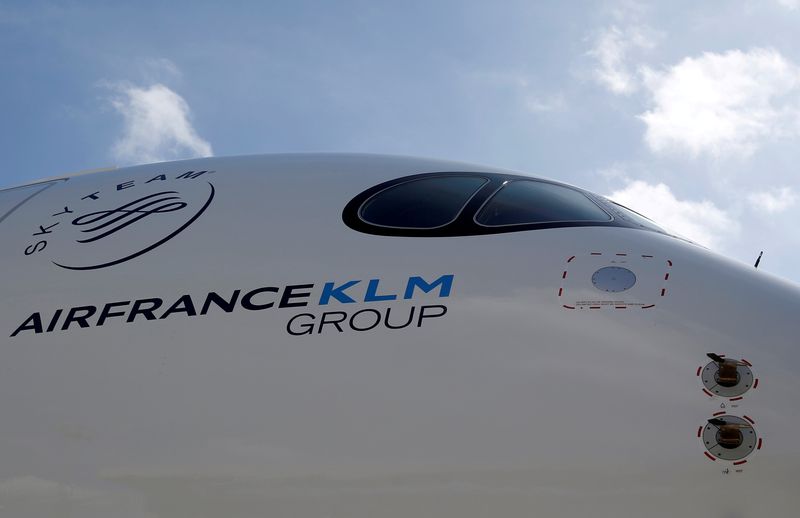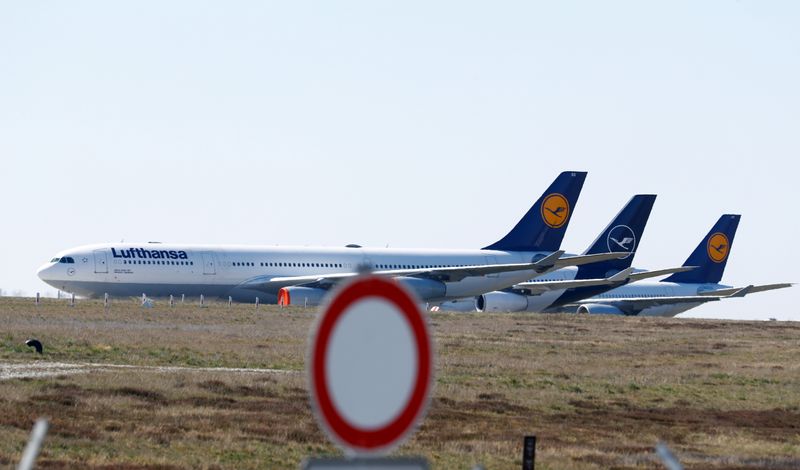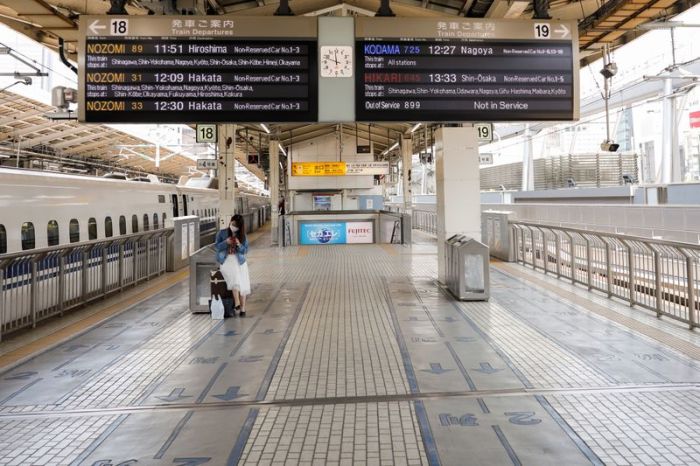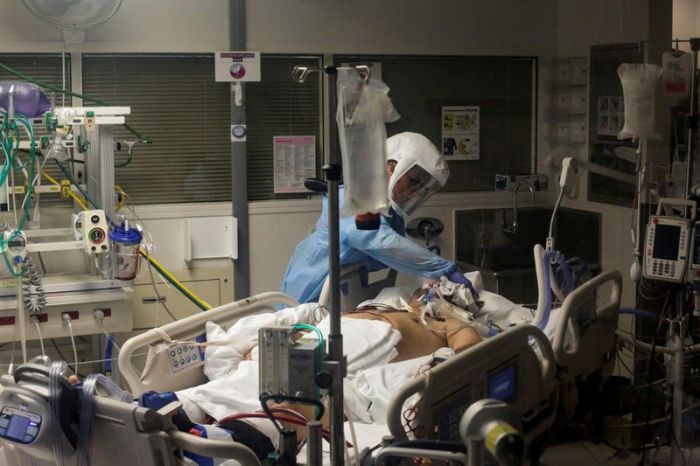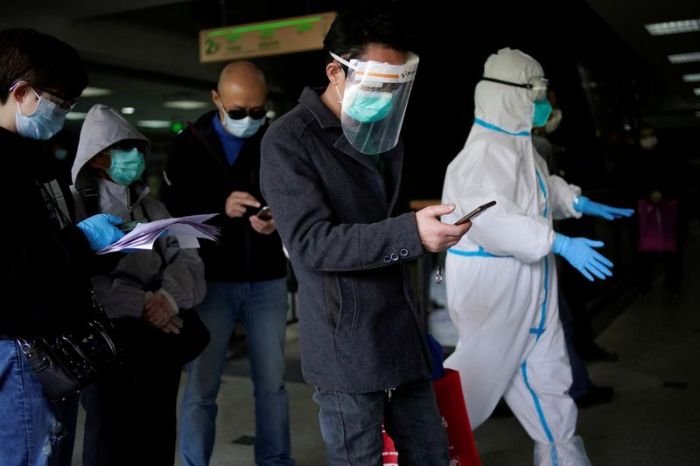PARIS (Reuters) – Progress towards coronavirus bailouts buoyed the shares of Lufthansa <LHAG.DE> and Air France-KLM <AIRF.PA> on Monday, as the protracted travel slump turned up the heat on rivals yet to secure financing needed to tide them through the pandemic.
Lufthansa shares rose as Germany moved towards a multi-billion-euro rescue for its national airline champion, while investors digested a 7 billion euro ($7.6 billion) state-backed package unveiled for Air France-KLM late on Friday.
But the coronavirus crisis risks drawing an uneven state aid response from governments, creating divisions between the haves and have-nots.
Virgin Atlantic is seeking private investors after its appeal for about 500 million pounds ($620 million) in UK aid met a lukewarm initial reaction. Norwegian Air <NWC.OL> said it would run out of cash in weeks unless creditors and shareholders approve a rescue that all but wipes out its current owners.
“European and Asian governments will undoubtedly provide immediate financial support to the troubled airline industry through 2020,” sector analyst Howard Wheeldon said.
“From an airline perspective the COVID-19 crisis is not only ground-breaking for all but for some, terminal.”
Germany will not allow Lufthansa to be among the casualties, two ministers said on Monday.
“We want large and important companies that play a role in the world market to remain competitive after the crisis,” economy minister Peter Altmaier told public radio.
Lufthansa shares were up 7.6% in Frankfurt, while Air France-KLM’s stock was 1.7% higher as of 1343 GMT – the gains dampened by the prospect of dilution in a capital increase.
Announcing the Air France-KLM loans, with another 2 billion-4 billion euros to follow from the Dutch government, the Franco-Dutch group said it expected to raise new equity within the next year, with France likely to participate.
“The fear of such an impending raise will also act as a cap on the shares going forward,” Citi analyst Mark Manduca said.
As risks go, dilution is still preferable to bankruptcy.
Norwegian Air shareholders are being asked to approve their own near-obliteration in a rescue that leaves them with just 5% of the airline – handing 53% to leasing firms and 42% to bondholders. Its shares fell further after the plans were outlined on Monday.
The carrier, which went from low-cost long-haul disruptor to the brink of insolvency even before the virus outbreak, may still struggle to push the deal through and tap 2.7 billion crowns ($255 million) in government guarantees.
An executive at one of Norwegian’s lessors told Reuters it was “still reviewing” the proposed terms.
Virgin Atlantic, which had said it needed government aid to survive, confirmed on Sunday it was exploring private sector funding as talks with officials continued.
Low-cost rival easyJet <EZJ.L>, which has received a 600 million-pound emergency government loan, was meanwhile forced to call a May 22 shareholder meeting at which its founder and biggest investor, Stelios Haji-Ioannou, is seeking to oust CEO Johan Lundgren and his top team.
Lundgren has rejected Haji-Ioannou’s call to terminate a 4.5 billion pound order for 107 Airbus <AIR.PA> jets. Easyjet shares were up 1.3%.
Other low-cost airlines appear likely to survive the pandemic without state aid – and perhaps emerge strengthened by competitors’ difficulties or demise.
Ryanair, whose shares were 3.6% higher, recently predicted a price war it plans to win once travel rebounds.
No-frills rival Wizz Air <WIZZ.L> has become one of the first European carriers to restore services halted by the pandemic. The London-listed Hungarian airline will resume flights from London to destinations including Budapest, Lisbon and Tenerife on May 1, it said on Saturday.
Daniel Roeska, a European airline analyst with Bernstein, said the sector may have passed a milestone in the crisis.
“With slowing new infections and sequential opening of economies you will continue to get support for airline stocks over the next couple of weeks,” he said.
(This story refiles to fix word in lede)
(Reporting by Laurence Frost; Additional reporting by Sarah Young in London and Terje Solsvik in Oslo; Editing by Jan Harvey and Susan Fenton)

